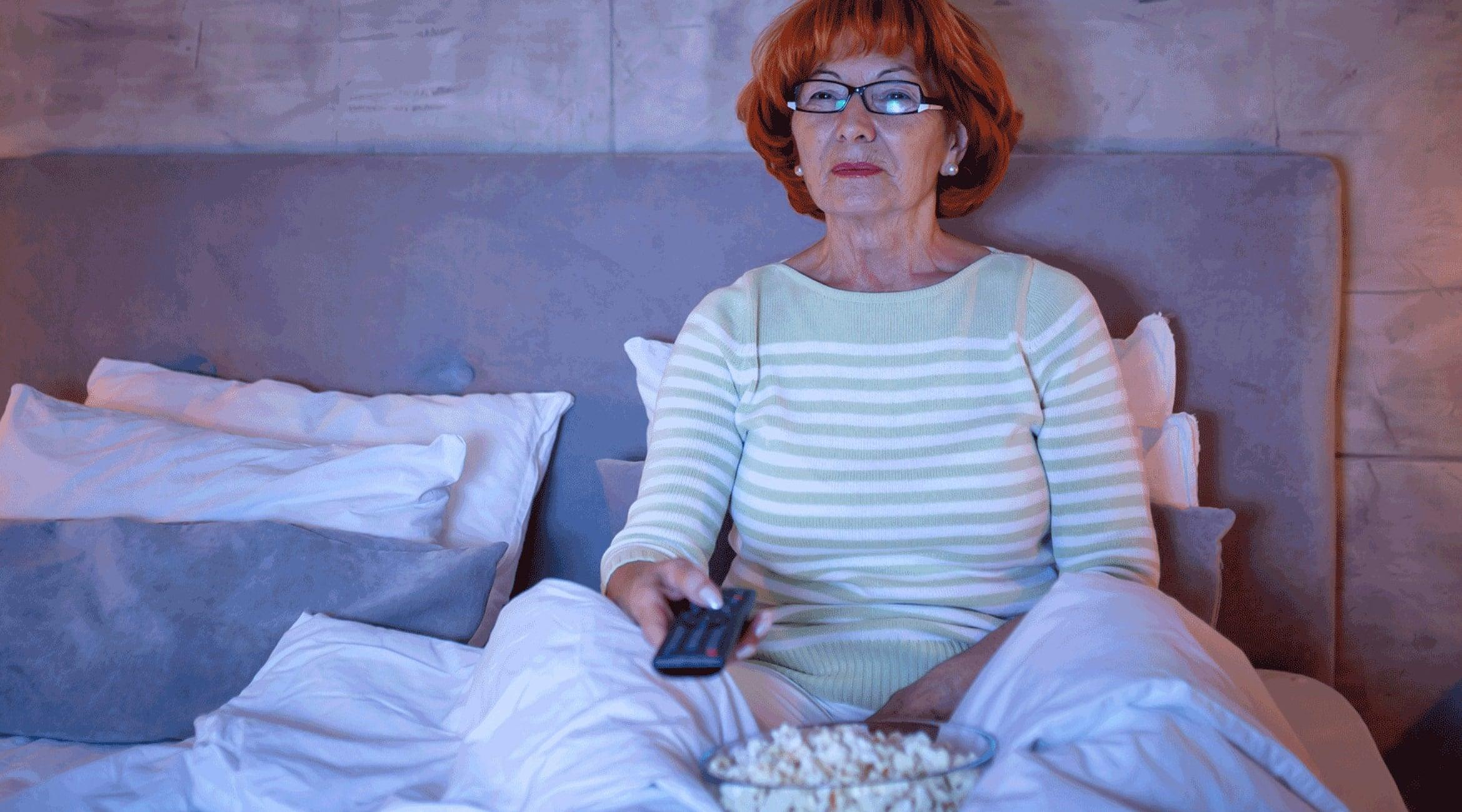Tennis elbow arises from continual use of the forearm and arm, which aggravates the tendon in the forearm and causes tiny tears. The wear-and-tear leads to inflammation, pain and degeneration, usually starting mildly and intermittently, and then increasing in intensity and frequency.
Symptoms include pain in the elbow that radiates down the forearm, weak grip strength, difficulty lifting objects, twinges when brushing teeth or chopping food and even numbness or tingling in the fingers.
When Does Tennis Elbow Hurt?
With tennis elbow, you most often feel pain doing whatever activity originally triggered the injury – whether that’s weightlifting, gaming, playing a musical instrument or biking. But as the condition worsens, discomfort arises even when performing everyday activities like drinking coffee, turning a doorknob, gardening and shaking hands.
Many people find that it hurts the worst first thing in the morning, because the muscles and tendons stiffen during sleep, when we’re relatively immobile and circulation drops. This overnight stiffening can exacerbate the pain once you get up and begin moving the arm.
Also common, however, is pain at night when trying to sleep. Learn exactly how to sleep well at night with tennis elbow here.
Sleeping with Tennis Elbow
Interrupted sleep hinders your ability to benefit from rest, which is integral to your recovery. Although some opinions on how to relieve tennis elbow pain at night differ, here are some recommendations:- Don’t lie on the affected arm. Not only can lying on the arm be painful, but it can inhibit healing by decreasing blood flow that’s necessary for healing. Sleep on your other side or back
- Don’t sleep with your arms overhead. Research has shown that this position increases pressure and aggravates tennis elbow.
- Use pillows to support the arm. Adding a pillow under your affected arm provides extra support and stability, which takes off some pressure on the tendon and elbow.
- Wear a loose sleeve on the affected elbow. Don’t wear a tight brace all night, as this restricts movement and circulation, and causes stiffness. A loose sleeve helps conserve heat in the arm, which can positively affect circulation as well.
- Apply a heating pad before bed. Heat can reduce pain and stimulate circulation, but for safety, don’t leave a heating pad on all night. Learn more about ice, heat and massage for tennis elbow here.
- Try over-the-counter pain relievers. Topical ointments that warm the area, such as Icy Hot, may relieve symptoms. Non-steroidal anti-inflammatory drugs also can be a short-term option to relieve pain.



Share:
Difference Between Percussion Devices & the Fiix Elbow Device
Can I Run with Tennis Elbow?